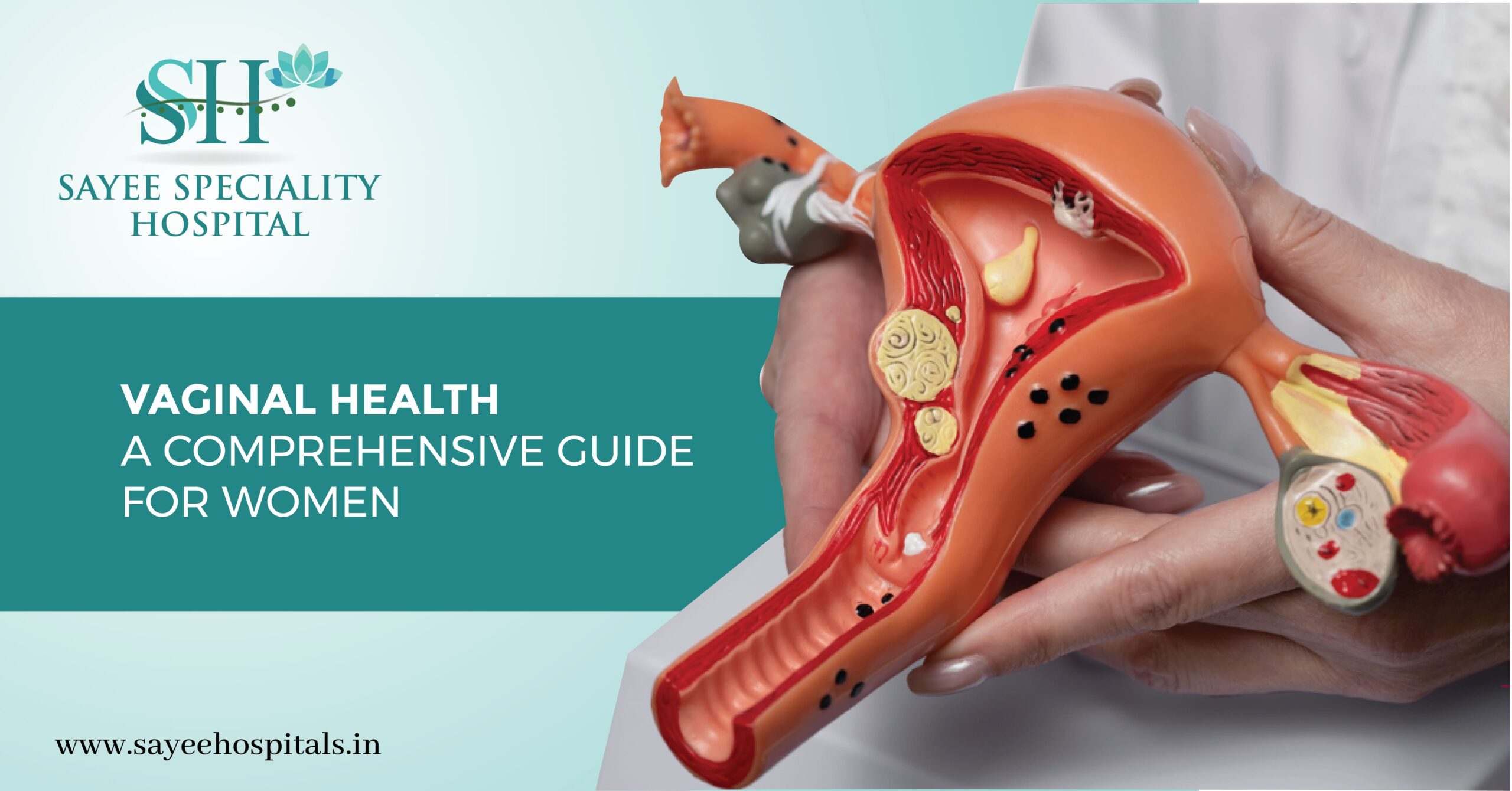The vagina, an intricate and muscular canal, is a vital component of the reproductive anatomy in individuals assigned female at birth (AFAB). While commonly used as an umbrella term for female reproductive organs, it’s crucial to acknowledge that the vagina is just one aspect of a woman’s reproductive and sexual health, intricately connected to both external and internal systems.
Composition of the Vagina
Comprising various tissues and cells, the vagina orchestrates the secretion of fluids essential for maintaining moisture, elasticity, and overall health of the vaginal walls. Responsive to estrogen, the hormone levels naturally fluctuate during reproductive years, impacting the vaginal environment. Post-menopause, decreased estrogen levels can lead to thinning and drying of vaginal walls, necessitating interventions like lubricants and estrogen-replacement therapy.
The Vagina’s Role in the Reproductive System
- Sexual Pleasure: The vagina facilitates sexual pleasure through nerve endings in its walls. During arousal, the vagina expands and lubricates to prevent discomfort.
- Menstruation: Blood from the shedding uterus lining exits through the vagina during menstruation. Menstrual hygiene products manage blood flow during this phase.
- Pregnancy: Sperm deposited in the vagina during intercourse may travel to the uterus for fertilization. The vagina acts as a conduit for sperm to reach the egg.
- Childbirth: In childbirth, the vagina serves as the birth canal through which the baby exits the maternal pelvis.
Understanding “Normal”
Women’s concerns about genital appearance and odor are often rooted in societal perceptions. Genital diversity is entirely normal, and variations exist. Vaginal odor can fluctuate during the menstrual cycle. However, any unusual or unpleasant odor warrants consultation with a healthcare provider.
Protecting Vaginal Health: Practical Tips
Safe Sex: Use barrier methods like condoms to prevent sexually transmitted infections (STIs).
Hygiene Practices: Gently clean the external genital area with mild, fragrance-free soap and water. Avoid douching too much to maintain the natural balance of vaginal bacteria.
Hydration: Drink plenty of water to support overall bodily functions, including vaginal health.
Clothing Choices: Opt for breathable fabrics like cotton underwear to reduce moisture.
Balanced Diet: Consume a nutritious diet rich in fruits, vegetables, and whole grains.
Regular Exercise: Engage in physical activity to enhance blood circulation and support vaginal health.
Kegel Exercises: Strengthen pelvic floor muscles for improved bladder control and vaginal tone.
Regular Check-ups: Schedule routine gynecological exams for timely detection and management of issues.
Avoid Harsh Chemicals: Choose hypoallergenic products for personal care and laundry.
Stress Management: Practice stress-relief techniques to support overall well-being.
Infection Awareness: Seek prompt medical attention for suspected infections like yeast infections or bacterial vaginosis.
Stay Informed: Educate yourself on menstrual hygiene and choose sanitary products wisely.
Antibiotic Use: Take antibiotics as prescribed, mindful of potential disruptions to vaginal bacteria.
Healthy Sexual Practices: Communicate openly with your partner about sexual health and protection.
Recognizing the vagina as a self-cleaning organ, prioritizing hygiene, maintaining a healthy lifestyle, and being vigilant about sexual health contribute to overall well-being. Any deviations from what’s considered normal for an individual should prompt consultation with a healthcare provider. By nurturing vaginal health, women can confidently embrace their reproductive and sexual vitality.
